Are you struggling to get your work done? Are you trying to figure out whether you are depressed or lazy?
Check out four things that confirm you are probably not lazy.
KEY POINTS: Laziness is often a symptom of something more significant, like depression or anxiety, and it should not be something we judge harshly. When we take a closer look, the concept of laziness can be very revealing. Laziness might even be a myth that our culture perpetuates. Mental health advocacy means understanding that words like "lazy" can be very impactful. We should consider their place in our vocabulary. Understanding the root of your laziness and even embracing it can lead to more self-care and stronger mental health.
I’ve always been a disciplined person. I was an academic achiever from the early days of Spelling Bee wins. However, there are certain areas of my life in which I admit that I am “lazy.” I don’t flourish when it comes to laundry. So I hire someone to help me in those areas. Sometimes, though, it still bothers me to think that there is “laziness” in me. In our culture, “lazy” is a very dirty term.
Why is laziness such a frowned-upon trait? Is it even a trait at all, or is it the symptom of something else, like anxiety, depression, or mental illness?
In this discussion, I will examine the myth of laziness and why you should ask—am I depressed or lazy?
The Key Differences Between Depression And Laziness
Depression and laziness have a lot in common, which is why many people are mislabeled as lazy. The reason the “L-word” often goes with depression is that it is a common symptom of depression and mental illness.
Depression and laziness both affect motivation, concentration, energy levels, and the quality of work produced. The difference is that depression affects one’s mental health and mood, while lazy people are just unmotivated by things outside their control because they lack self-awareness or insight into what motivates them.
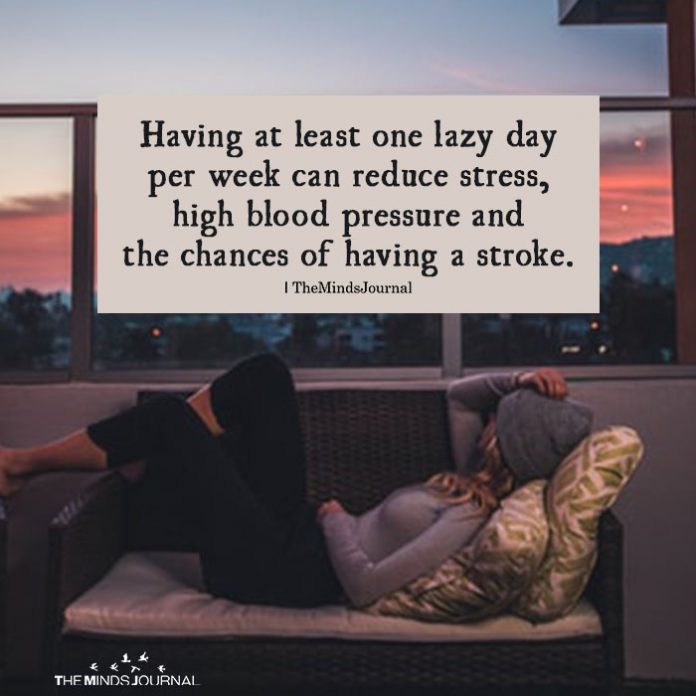
How Do You Know If You’re Depressed Versus Lazy?
How do you know if you’re lazy? In my personal experience, depression feels very dark. You will notice that it is difficult to get out of bed in the morning. Not because you’re so relaxed and enjoying your cozy time, but because you’re sad, dejected, and feeling hopeless.
Laziness is more of a situational experience. Some days you may feel lazy because you’re tired from a busy week. On the other hand, depression can last for weeks or months regardless of how much rest you get.
True Laziness Might Be A Myth.
I would argue that true laziness as a moral failure or a temperament is a myth.
Sure, we all have days where we are voluntarily and blissfully lazy. When we take a day off, for example. Being lazy is an act of self-care. The space to watch television, order your favorite food, and enjoy a moment to breathe without the maniacal pace of life as a corporate employee is absolutely necessary.
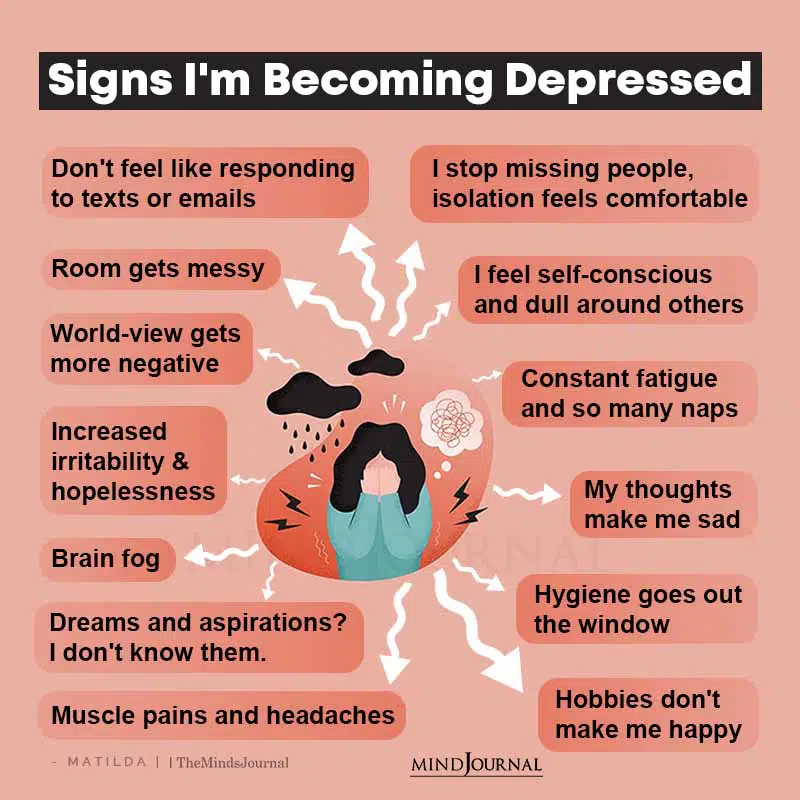
Also, read 11 Tips To Overcome Procrastination
Reasons Why You Might Struggle With Laziness
From my perspective as a life coach, laziness is a reflection that a person’s health and wellness are in need of examination.
1. You may have issues with value linking.
I recently learned of the principles of value linking, and I wished I had learned them sooner. Value linking refers to whether you feel that a task aligns with your own values.
At work, we’re often assigned tasks that seem mindless or useless. If you get tripped up by value linking, you would probably have a hard time completing an important task for your boss—even if it’s a top priority and due tomorrow—if you think the task has no value.
Most of us have the capability to suspend our thoughts around value linking enough to work on projects assigned to us by our superiors. However, some people find it nearly impossible to do work that has little perceived value.
If you’re a value-linking person, it’s important to speak to your boss about this. Make sure you ask about why a project or task is so important.
Dig in deep until you can really align to the overarching value of a task so you can finally get it done. Otherwise, you’ll reject getting started and continue to procrastinate and earn the label “lazy.”
2. You’re addicted to social media.
No judgment. I have lost hours to mindlessly scrolling Instagram myself. Social media addiction is a documented issue. Realize that your social scrolling is contributing to your mental health in either a positive or negative way.
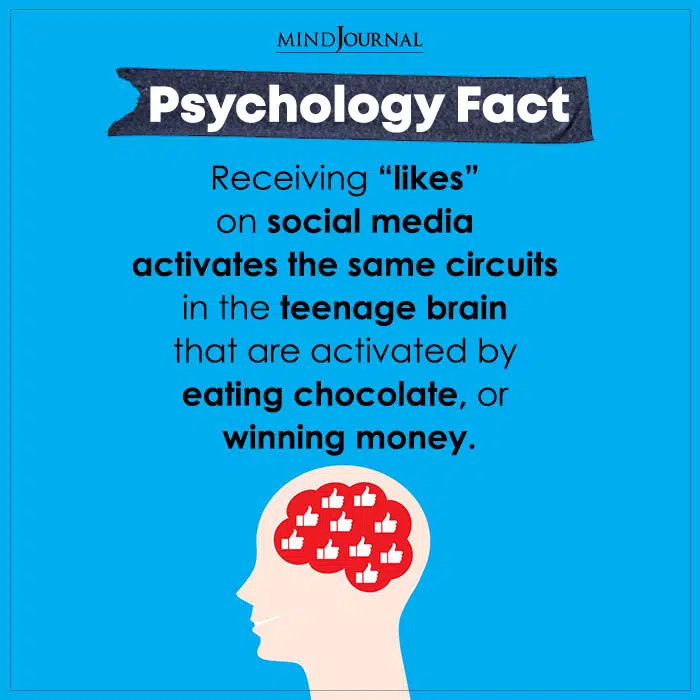
Focus on reducing your time spent on social media. In years, we will be so distressed to see the long-term effects of apps like Instagram on our mental health.
One tip that helps: I like to delete my social media apps on the weekends and after hours. It might take extra time to reinstall them, but it helps me to keep from mindlessly hopping back on. They’re just too addictive!
Also, consider muting and unfollowing accounts that make you feel bad about yourself.
Also, read 11 Tips To Overcome Procrastination
3. You may be struggling with substance abuse.
Laziness and depression could be symptoms of a substance abuse problem. Self-medicating can appear to be laziness (showing up late, missing appointments, ghosting friends), but it’s actually an addiction problem.
In fact, one growing type of addiction is Adderall, a medication meant to help those with ADHD. Often, people abuse Adderall to combat laziness because it provides energy and intense focus; however, Adderall addiction can eventually lead to a person feeling depressed.
4. You’re lazy because you have too much to do.
When you work remotely, you are inundated with work from every angle. Your computer. Your phone. Your Apple watch pings you when your Zoom meeting is starting. It’s too much.
I’ve noticed many of my clients respond to this experience of overwhelm with what looks like laziness. They hide. They pull the covers over their head and use their avoidance and unresponsiveness as a way of saying, “I’m overwhelmed.”
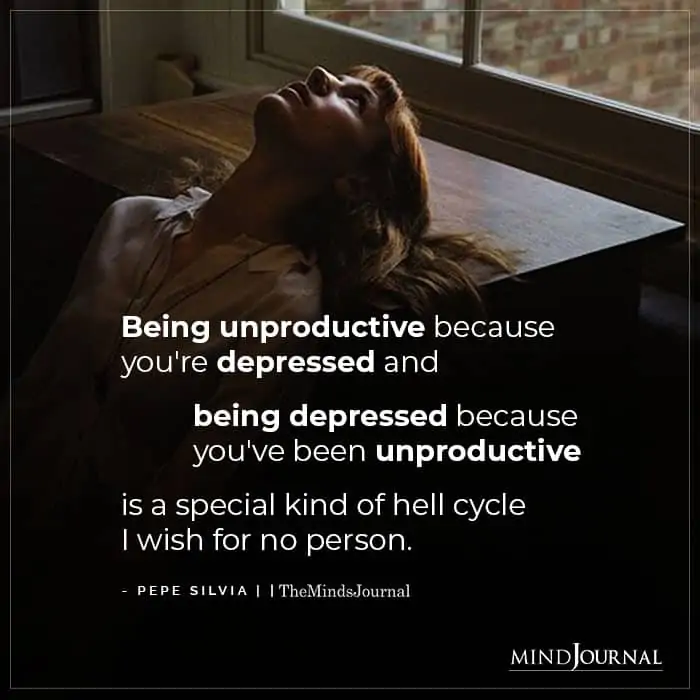
How To Encourage People With Depression And Mental Health Problems
One of the best ways to completely deflate and degrade someone with depression is to call them lazy. Language has power. When you see someone being lazy at work, pause and consider how to inspire them.
Consider swapping out the word “lazy” from your vocabulary altogether. As I mentioned, lazy has such a negative connotation and can bring up harmful feelings. Encourage employees and colleagues to schedule downtime into their calendars. Sometimes I call it “thinking time” or moments of space. It might look like laziness, but it’s actually the most replenishing time you can put on your agenda.
Also, read 5 Ways Gratitude Improves Our Mental Health
Depressed Or Just Lazy—Both Are Perfectly Fine
Laziness and depression are both parts of life. Neither is good or bad. Let’s all work to relieve ourselves and each other of the intense judgment of these two human experiences.
Are you depressed or lazy? Leave your thoughts in the comments below.
Please share this article with anyone who you may think will find it valuable and helpful.
Written by:Brynn Johnson Originally appeared on:Psychology Today Republished with permission
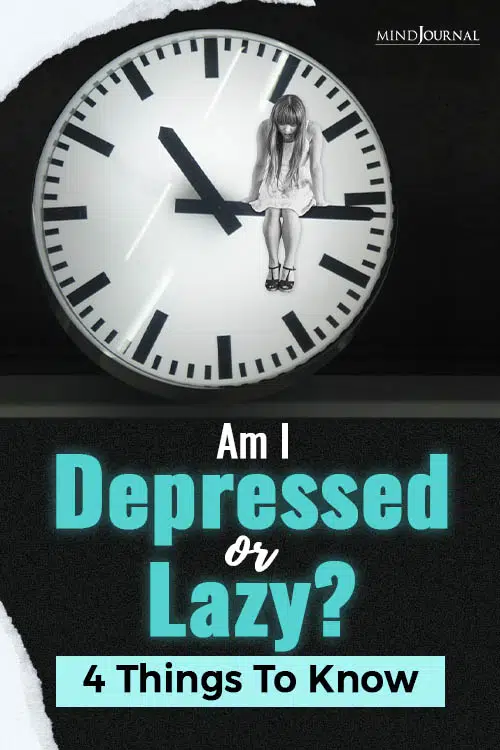
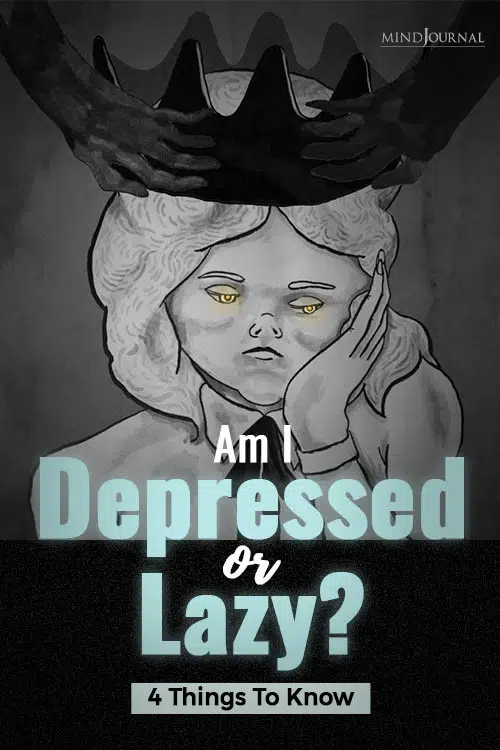
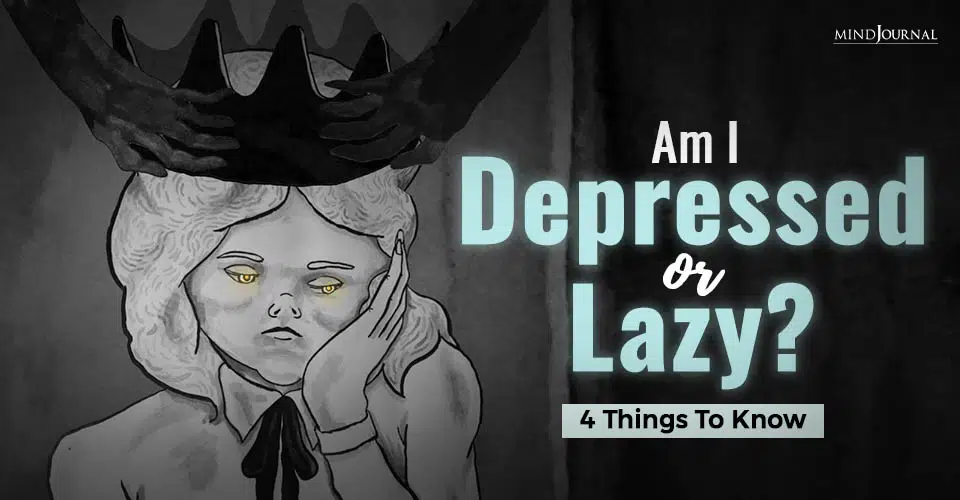







Leave a Reply
You must be logged in to post a comment.